Hey Arts Council, invest in me!
How to write a banging Developing Your Creative Practice application from someone who wrote hers in less than a week.
It’s no secret that the arts is a really hard industry to make money in, especially if you’re making the decision to go freelance. For a newly graduated artist or someone early on in their career it can feel like you’re going to be doing this art thing for free, forever. If you want people to pay you, you’ve got to prove to them what you can bring to the table. But building that portfolio can cost money in the first place. The holy grail of arts funding in England, the Arts Council, offers an invaluable chunk of free money that could really get your practice moving. Up to £12,000!
In 2022 I applied for a ‘Developing Your Creative Practice’ grant for the first time and was successful. The craziest thing about my application is that I wrote it in less than a week (do NOT do that!). My risk paid off, but I learned a few very important things from the experience and I’m going to share that with you now. If you haven’t applied for grant money before then I hope that my tips will help you out. I have a LOT to say on this so it’s going to be split into several parts. If you haven’t already…why not subscribe to my substack and get notified when the next parts come out! Plus, seeing that little new subscriber notification will make my day! ʕ ◠ᴥ◠ʔ carry on reading below for Part One!
Part One: Research, Research, Research
Okay get ready to bookmark these pages because there is a long list of websites you need to head to before you start writing. I presume you’re here because you already know what the DYCP fund is. But I’ll summarise it anyway. The DYCP fund is a regular pot of funding that opens in “rounds” I think this is either quarterly or half yearly. The Arts Council want to support artists to experiment with their practice, improve on their skills and take risks. Unlike other forms of funding they offer such as the project grants, the main benefactor of this money is YOU! Take some time to fully read their guidance to see if you are at the right stage of your practice to really make the most of this money.
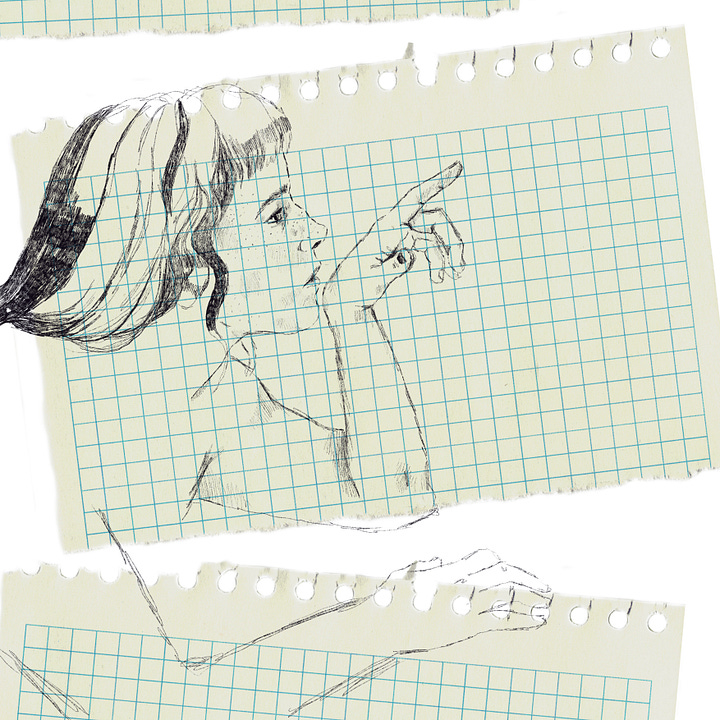
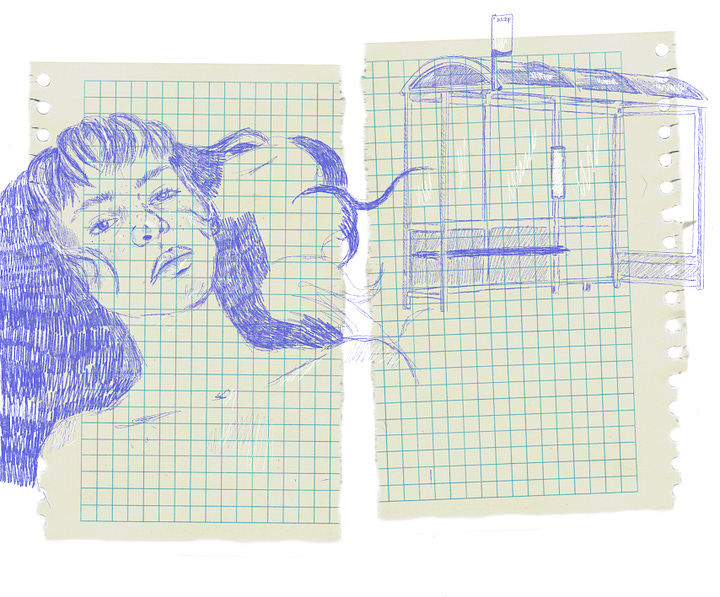
Understand the Arts Council
Before you can make an application that has a high chance of being accepted you also need to understand what it is that the Arts Council judges are looking for. Remember, they are a publicly funded organisation which means they have to be sure that they are spending public money for the good of the public. Every ten years they write a new strategy that outlines what they want to achieve through their funding support. This is called Let’s Create. This is the very first thing you want to read. When you’re reading through this information, write down the key headings on a piece of paper and any key phrases or words that stand out to you. When it comes to writing your application you want to see how your DYCP activity is going to fit into as many of these headings as possible. So read and re-read the strategy until you can articulate what it is the Arts Council are looking for. Top tip - they publish ‘easy reading’ versions so have a read of those first before you dive into the chunky stuff.
Next up you’re going to want to read some success stories. Get a feel of what the Arts Council has given the thumbs up to before, you might get some good ideas of how to spend the money in a way that will benefit you too. I didn’t even THINK about mentoring until I did this and now I would say that the £600 I’ve spent on monthly mentoring is the best thing I could have done. Luckily for me and you, the people over at The White Pube have already done a stellar job of compiling a mega database of successful applications.
Make Your Life Easier!
I’ll tell you now, the Arts Council’s funding application system “Grantium” is confusing as hell. It also takes some time to be approved once you sign up so you want to go over there and make an account right now. The more time you have to browse this godforsaken maze the better. You really don’t want to be scrambling around trying to figure it out while the deadline is looming. I won’t be doing that again. Other artists have really risen to the challenge of making this process easier because you can find templates of the application questions online. Uncultured has a really good template. Use this to figure out the questions before you come to write the answers. I’ll touch on writing tips later on in the series but I can’t stress this enough: write your application in word/pages/notes/docs ANYTHING else but Grantium. When it comes to submitting the application it’s much easier to just copy and paste.
Research Your Local Area
A piece of advice that you might not see elsewhere is that you should do you research into what arts and culture-y stuff is happening in your local area. Often with the DYCP fund you can overlook the importance of your community/local area in your application. After all, the fund is intended to be for YOU the artist to improve your own practice. However, as I said above, the Arts Council uses public money to fund you and if they can hit some of their other objectives on their wish list at the same time they’re going to think you’re a worth while investment. For example, I wanted to investigate stories of Women on the Isle of Wight and run workshops to engage schools in our local heritage. This experience helps me to deliver workshops for the first time and to gain connections with the schools - but it also helps the schools engage their students in local heritage and the arts. POW, two for one.
There are certain parts of England that the Arts Council have identified as high priority areas for investment. These are areas where arts and culture really need nurturing in comparison to other places. For me, the Isle of Wight and some areas of Hampshire fit that bill. Rural areas away from big cities tend to have less exciting things going on than say London, Manchester or Bristol. So, have a think about your local area and if you do live in a high priority area think about how you could emphasise this in your application - how would YOU becoming a really cool awesome artist benefit your local community? Take a look here to read more about Arts Council priority places and “levelling up” areas. There is also an awesome resource online for looking at arts and culture audience demographics. This is a great read as it will help you understand your audience. You will need to articulate who your audience is in your application so this is a good place to start.
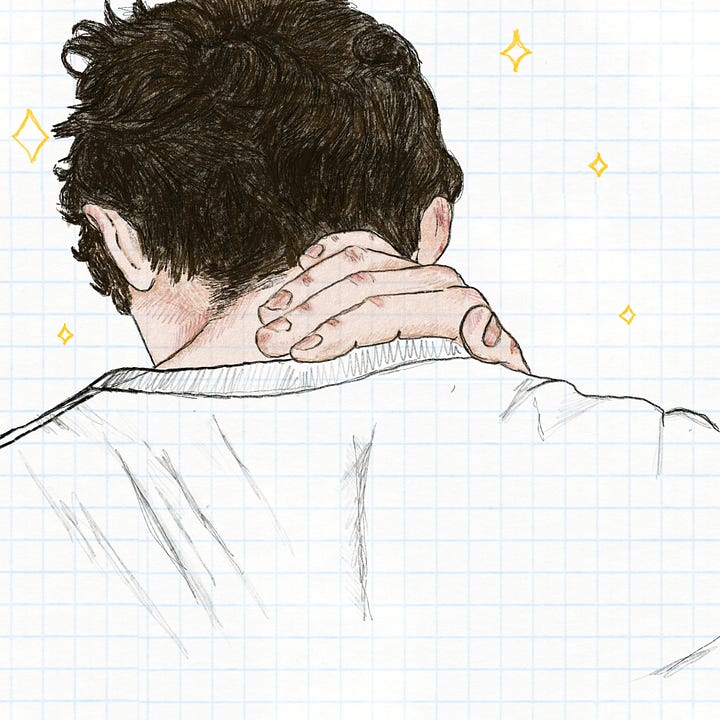
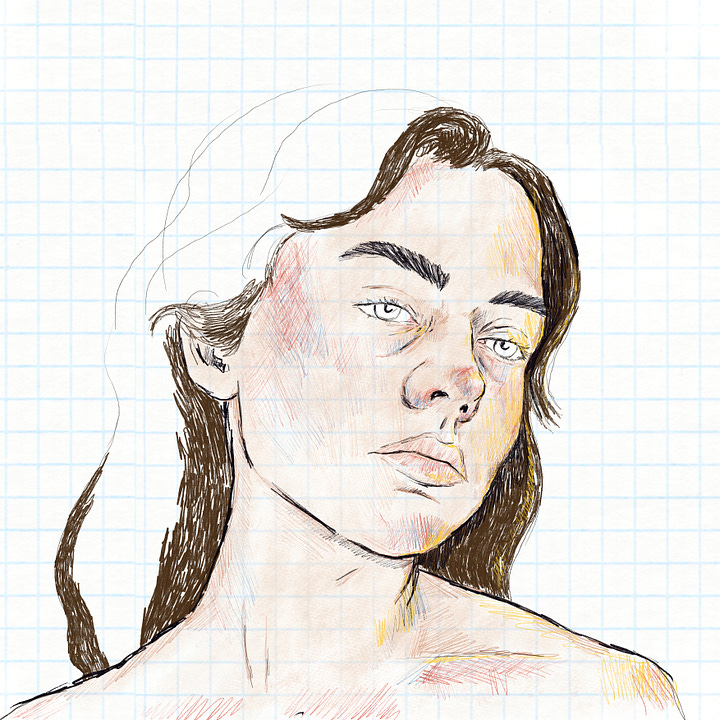
Ask for Help!
I made a point of trying to talk to as many people as I could about my application. Identify the arts organisations and networks operating in your local area. Reach out and ask if there might be someone who would have a few minutes to chat to you about Arts Council funding. You can find previous successful applicants on the Arts Council website, so you could even look up previous people from your area and see if they would be happy to give you some tips. They might be able to point you in the direction of other people who would be handy to speak to. I joined a the Isle of Wight Creative Network and saw that they were recommending mentoring sessions with Alys Scott-Hawkins. I went to her website and her portfolio really resonated with me. So I dropped her an email and asked if she had any availability for a year long mentoring program that I could include with my application. She was more than happy to offer a quote and even offered to give feedback on my DYCP application for free and gave me some tips.
It doesn’t hurt to ask and in my experience most people are super friendly and happy to help. Part of the application requires you to have a reference, so make sure to think about who would be the best person to write this for you. I’ll go into more detail about references later on the series, but it’s something to think about when you’re asking around for advice and getting to know your local area.
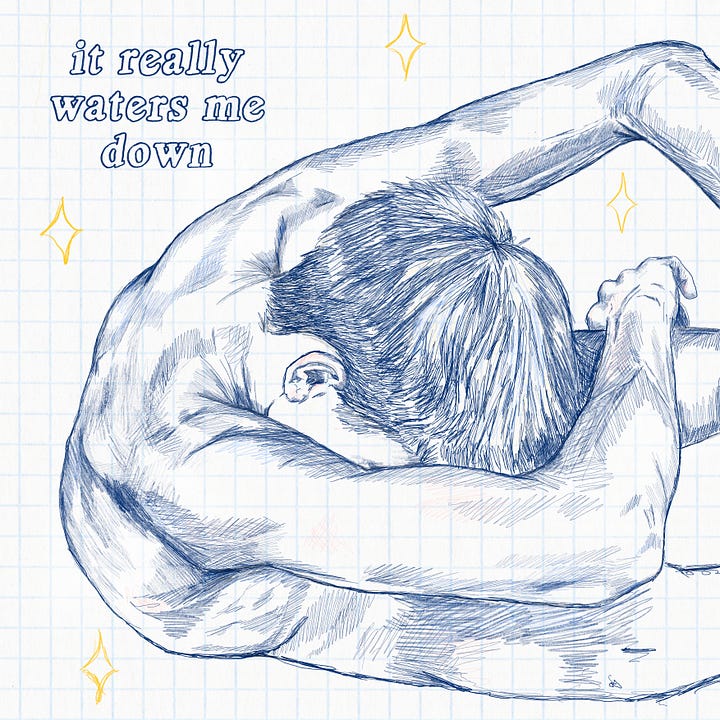
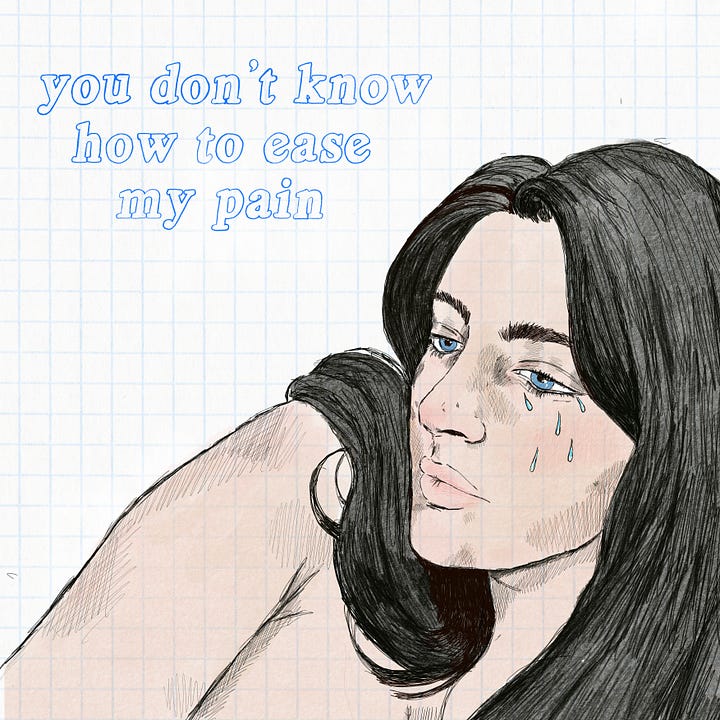
My last piece of advice for researching is to get in touch with the Arts Council directly! Each area will have a representative who knows your local area well and will be able to answer your questions. They have nine offices around the country, so looking these up would be the best place to start. Don’t be afraid to drop the Arts Council an email and ask for the best person to speak to. Make sure you’re prepared with a list of questions and don’t forget the importance of pre-preparing a succinct “elevator pitch” of your DYCP activity idea.
So, that’s all for Part One! If you have any questions or want me to go into detail about something drop me a comment or DM me on instagram! I’d be happy to help. Stay tuned for Part Two…




